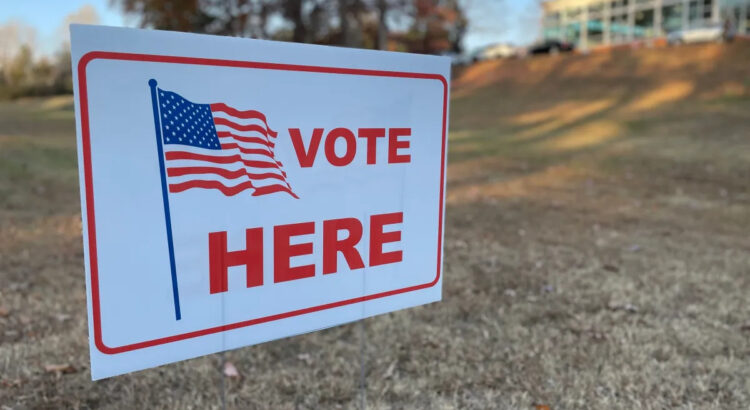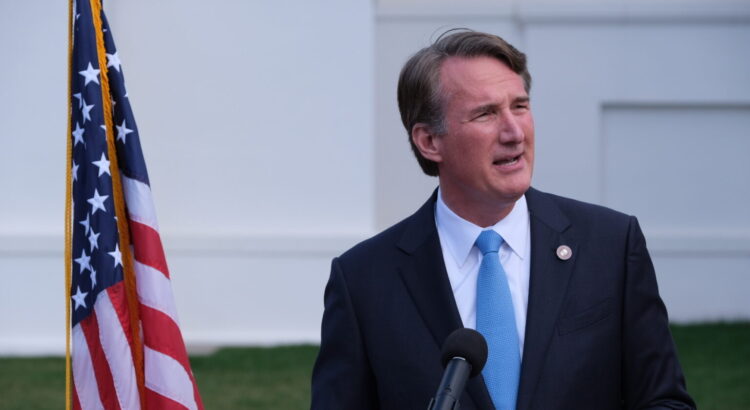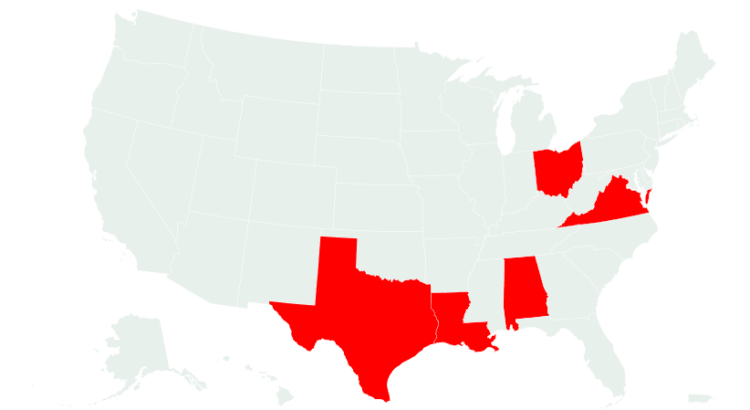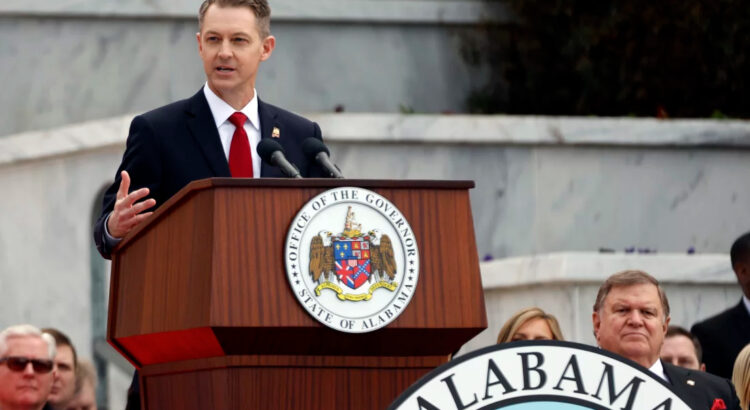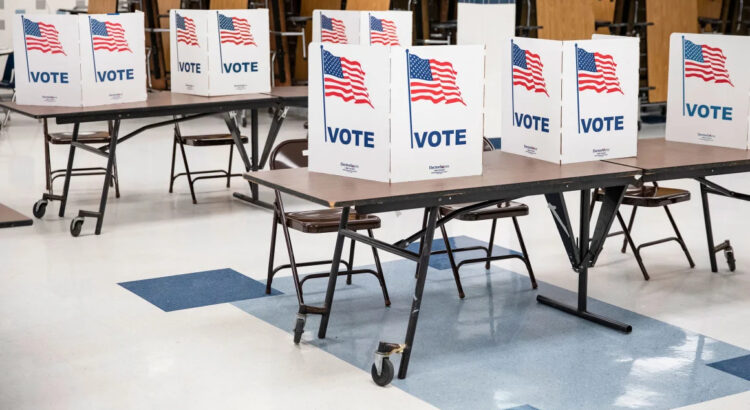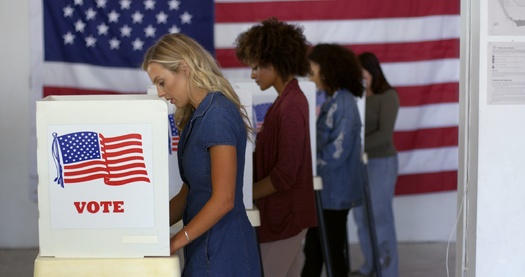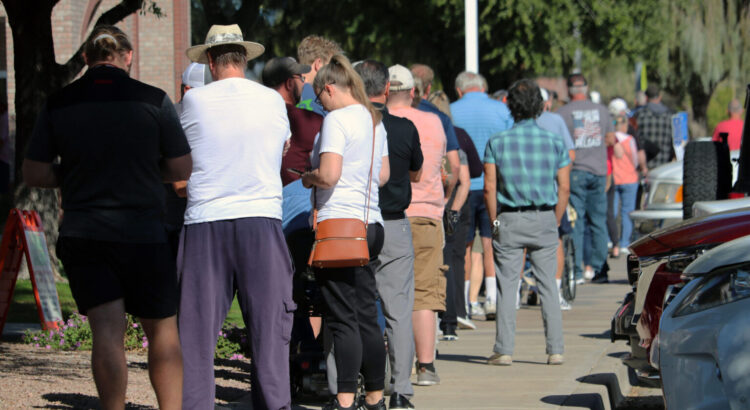Allowing political party leaders or other private citizens to have people removed from the list of registered voters would move North Carolina “away from a democratic form of government,” a judge ruled in shooting down the Republican Party’s request.
Posted 10:58 a.m. Oct 18
The Republican Party has failed in its attempt to remove almost a quarter of a million North Carolina voters from the list of registered voters for this year’s elections. A federal judge shot down the party’s request Thursday, the same day early voting began.
The GOP had sought to purge about 225,000 voters, based on what they say are flaws in the voter registration system.
The lawsuit was based on two legal claims. Judge Richard Myers II, the chief district court judge for the Eastern District of North Carolina and an appointee of former Republican President Donald Trump, ruled against one claim and declined to rule on the other.
He said there’s no reason to believe that either judges or private citizens, including political party leaders, have any right to throw people off the voter rolls in North Carolina. State law explicitly gives that duty to elections officials — who months ago investigated allegations connected to the lawsuit and found nothing.
A ruling in favor of the GOP’s arguments, Myers concluded, could harm American democracy: It “would significantly alter the allocation of power … away from a democratic form of government,” he wrote, citing past legal precedent.
The presidential campaign of Democratic Vice President Kamala Harris, which had intervened in the lawsuit on the side of the elections board and the 225,000 voters in question, celebrated the ruling. The fact that it came from a Trump-appointed judge, a campaign spokesman said, should leave no doubt in any voters’ mind as to the veracity of the GOP claims.
“They are concocting stories of voter fraud and casting doubt on the election, with no evidence whatsoever,” Harris campaign spokesperson Charles Kretchmer Lutvak wrote in a press release.
A spokesman for the North Carolina Republican Party, which was joined in the lawsuit by the national Republican Party, didn’t immediately provide comment when reached Friday.
Courts in 2020 threw out dozens of lawsuits from the Trump campaign and its allies seeking to cast doubt on the results of that election, which Trump lost to Democrat Joe Biden.
Most of those came after the election; this year the GOP has been attempting to make legal claims ahead of the election. The Harris campaign noted that Republicans this week lost other election lawsuits in the swing states of Georgia and Arizona, in addition to this North Carolina case.
“We beat them in court, and we’ll beat them at the ballot box in November,” Lutvak said.
Case background
State elections officials this year purged about 750,000 voters from the rolls, mostly due to routine issues such as voters who died or moved away. Republicans sought with this lawsuit to purge another 225,000.
Conservative election integrity activists earlier this year lodged a formal complaint that flaws in the system allowed people to register to vote multiple times, potentially creating the opportunity for fraudulent ballots to be cast.
The State Board of Elections investigated those claims and found them to be false.
In some cases, elections officials said, the activists make mistakes such as thinking fathers and sons with the same name were the same person.
So in a unanimous vote with support from the board’s Democratic and Republican members alike, the Board of Elections dismissed that complaint.
But Republicans kept pressing the issue. Last month the state and national Republican Party groups sued North Carolina, making claims similar to the ones the Board of Elections has already found to be baseless. They asked a judge to throw about 225,000 people off the voter rolls — a solution the state board argued would be illegal even if the GOP accusations were legitimate.
Myers sided with the Board of Elections on one of the two claims, dismissing it. He declined to rule on the other claim, and instead sent down to state court for further legal proceedings.

